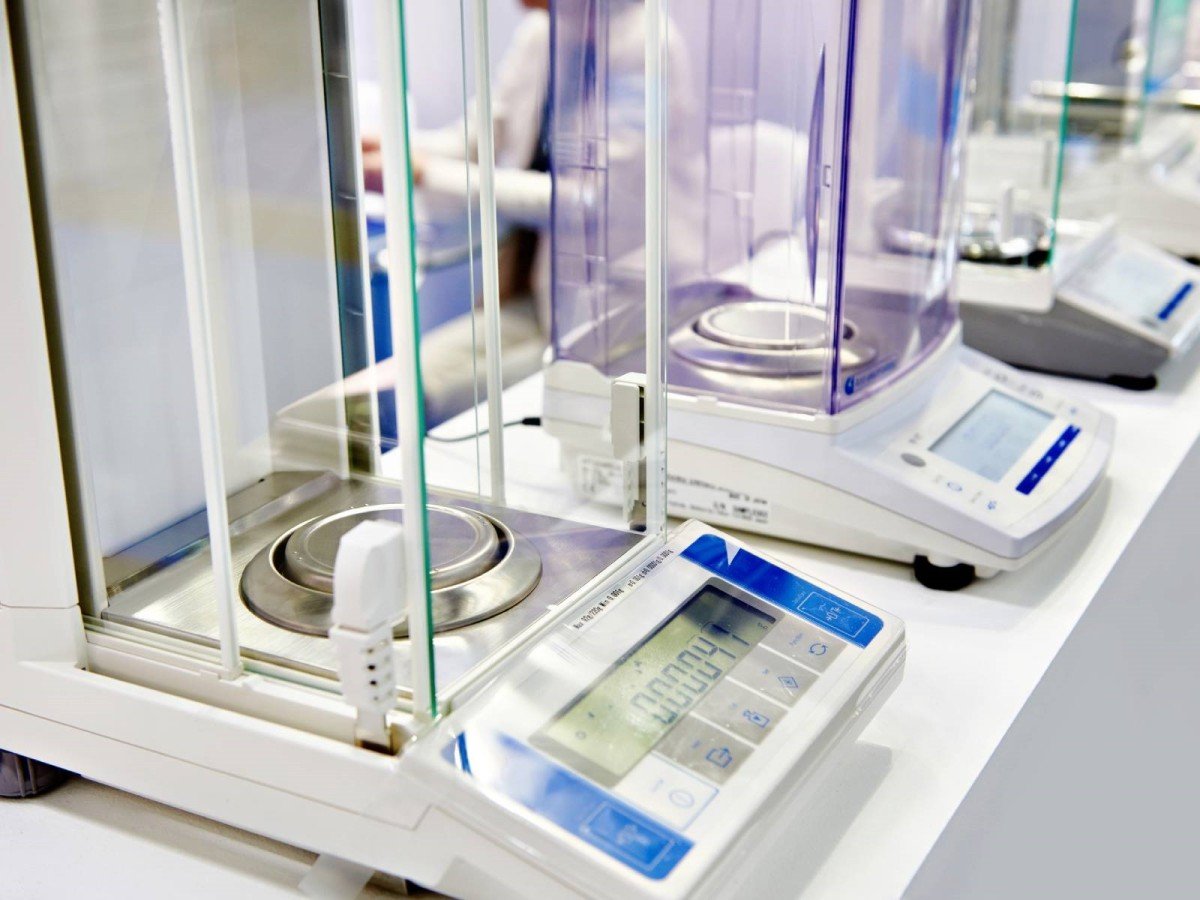When diving into the world of lab scales, it’s important to know that not all scales are created equal. Different types cater to various needs, whether you’re weighing tiny samples in research or larger items in a quality control setting. This is where our lab scale buying guide comes into play, helping you choose the best match for your specific requirements.
First off, let’s talk about the most common types of lab scales:
Next, consider the features that could make your lab work easier. Look for:
Knowing the types and features available can help you make a more informed decision. This lab scale buying guide aims to simplify the process, ensuring you find a scale that meets your needs perfectly without overwhelming you with choices.
Key Factors for Choosing a Lab Scale
When diving into the world of lab scales, there are a few key factors that can make your decision easier. Understanding what you need from a lab scale can help you avoid any buyer's remorse. Here's what to consider as you move through this lab scale buying guide.
Capacity and Readability: First off, think about how much weight you'll be measuring. Scales come with different weight limits, so it's vital to choose one that meets your needs. Also, consider the readability, which usually comes down to the smallest increment it can weigh. If you’re working with tiny samples, go for a scale with higher readability.
Precision and Accuracy: Look closely at the scale's specifications. Precision and accuracy are crucial in a lab setting. Precision is about getting consistent results, while accuracy means the measurements are close to the actual weight. Check user reviews or ask around to gauge how well different models perform.
Calibration: One of the most important features to consider is how easy the lab scale is to calibrate. Regular calibration ensures you're getting the most accurate results. Some scales come with built-in calibration weights, while others may require you to do it manually. Knowing how this works can save you a lot of time and hassle in the long run.
Portability and Size: If your lab is tight on space, consider the size of the scale. Some are compact and portable, making them easy to move around or store. This is especially useful if you need to share the scale between different workstations. Just make sure you don’t sacrifice stability and weight limit for that convenience!
Tips for Maintaining Your Lab Scale
Keeping your lab scale in top condition is key to ensuring accurate results. Here are some straightforward tips that can help you maintain your scale and keep it performing well.
1. Regular Calibration
2. Keep it Clean
3. Avoid Overloading
By following these simple yet effective maintenance tips, you can extend the lifespan of your scale and ensure that it's always ready to give you those reliable results you depend on. Keeping these tips in mind will definitely help you with your lab scale buying guide journey!
Common Questions About Lab Scales
If you're diving into the world of lab scales, you're probably bubbling with questions. Let’s tackle some of the most common ones to help ease your mind and point you in the right direction as you explore our lab scale buying guide.
What type of lab scale do I need?
Choosing the right lab scale depends on what you’ll be weighing. If you're working with small samples or require high precision, a top-loading balance might be your best bet. For larger items or general lab use, consider a platform scale. Always think about the capacity and readability needed for your specific applications.
How accurate are lab scales?
Accuracy varies from scale to scale. Most lab scales will provide a readability of 0.01g or better. If you're focusing on precise measurements, look for models that offer calibration options. Regularly calibrating your scale is crucial to maintain accuracy, especially if you're working with sensitive experiments.
What features should I look for?
When it comes to features, look for user-friendly interfaces, clear displays, and perhaps even built-in data recording capabilities. If your work requires it, a scale with tare function can be really handy. Don't forget about durability; a good lab scale can withstand the rigors of daily use!
How do I maintain my lab scale?
Maintaining your lab scale is vital for consistent performance. Keep it clean and routinely check for any debris that might get in the way of accurate weighing. Store it in a stable environment, avoiding extreme temperatures or humidity. With the right care, your scale will be a reliable partner in your lab work.

